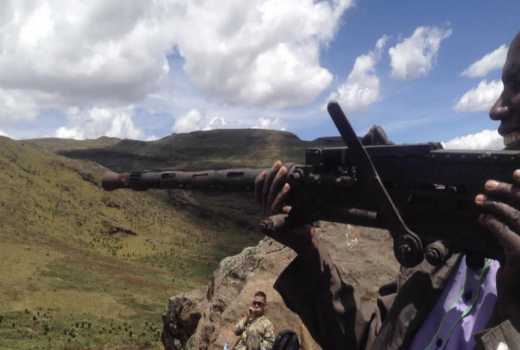×
The Standard e-Paper
Home To Bold Columnists

The right to bear arms is enshrined in the American constitution.
It is amazing that it never made it to the Kenyan constitution despite our prolific copying of the US constitution, particularly in political positions from senators to governors.







